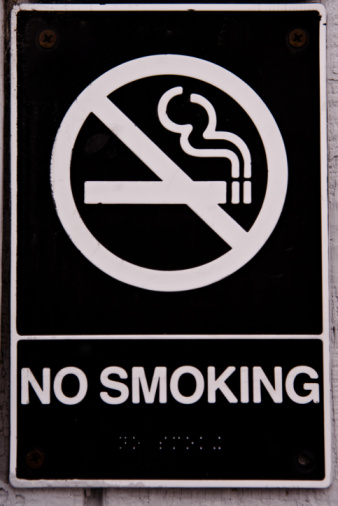By Mick Constantinou, Advisor, Employee Benefits
Connelly, Carlisle, Fields, & Nichols, A UBA Partner Firm
Provisions under the Affordable Care Act allow health insurers to charge smokers 50 percent higher premiums than nonsmokers for new individual policies sold beginning in 2014. The question now is whether the final ruling on the tobacco surcharge will have the teeth necessary to promote healthier lifestyles.
In terms of the exchange application process, applicants will only need to attest whether they are or are not a smoker without further verification. Additionally, the final rules prevent insurers from rescinding a policy or denying coverage because someone was not “honest” about whether they are a smoker or not. Insurers can only charge “dishonest” policyholders for any surcharge amount that should have been paid that year.
Consumer advocates weighed in on the implementation of a tobacco surcharge and indicated that charging smokers more for health insurance was counterproductive for a variety of reasons:
- Smokers disproportionately have lower incomes, so a premium surcharge would hit them especially hard. Tax credits to help pay for health insurance cannot be used for the tobacco surcharge. The additional cost would discourage smokers from buying health insurance.
- The health law requires many plans to cover FDA-approved smoking cessation services as a preventive care benefit. According to advocates, charging more means fewer smokers would be able to take advantage of the tools and services to help them quit.
In response to consumer advocates, final rules also give states the option to reduce or eliminate the variation in rates (i.e. the tobacco surcharge). Six states and the District of Columbia have opted not to charge smokers more, according to the Department of Health and Human Services. A few other states have limited the premium differential to less than 50 percent.
While the teeth around the tobacco surcharge may not be immediate, if the reporting verification process and systems catch up with the implementation of the exchanges, dishonestly with self reporting income and tobacco usage will have financial bites.

